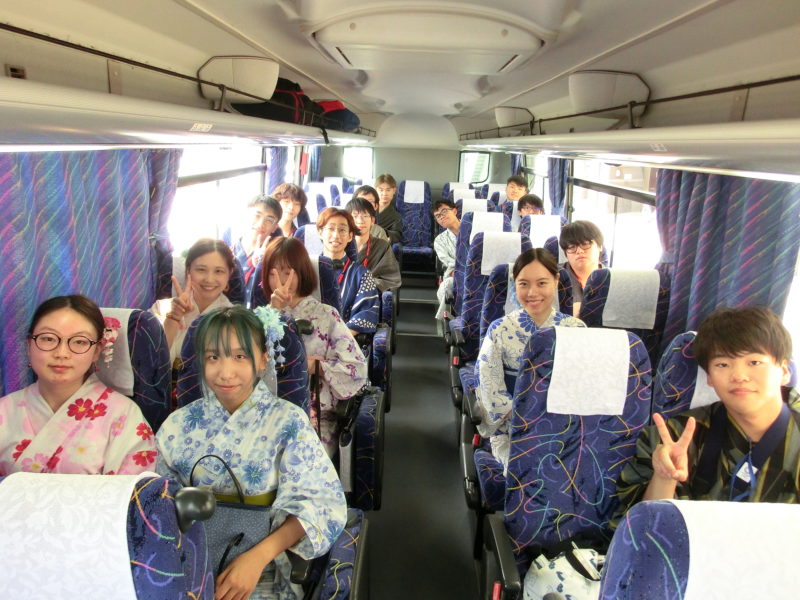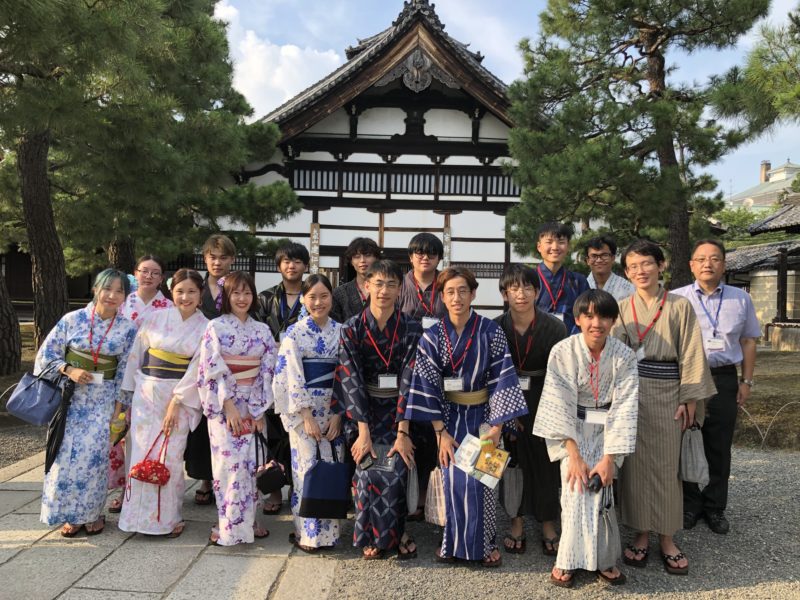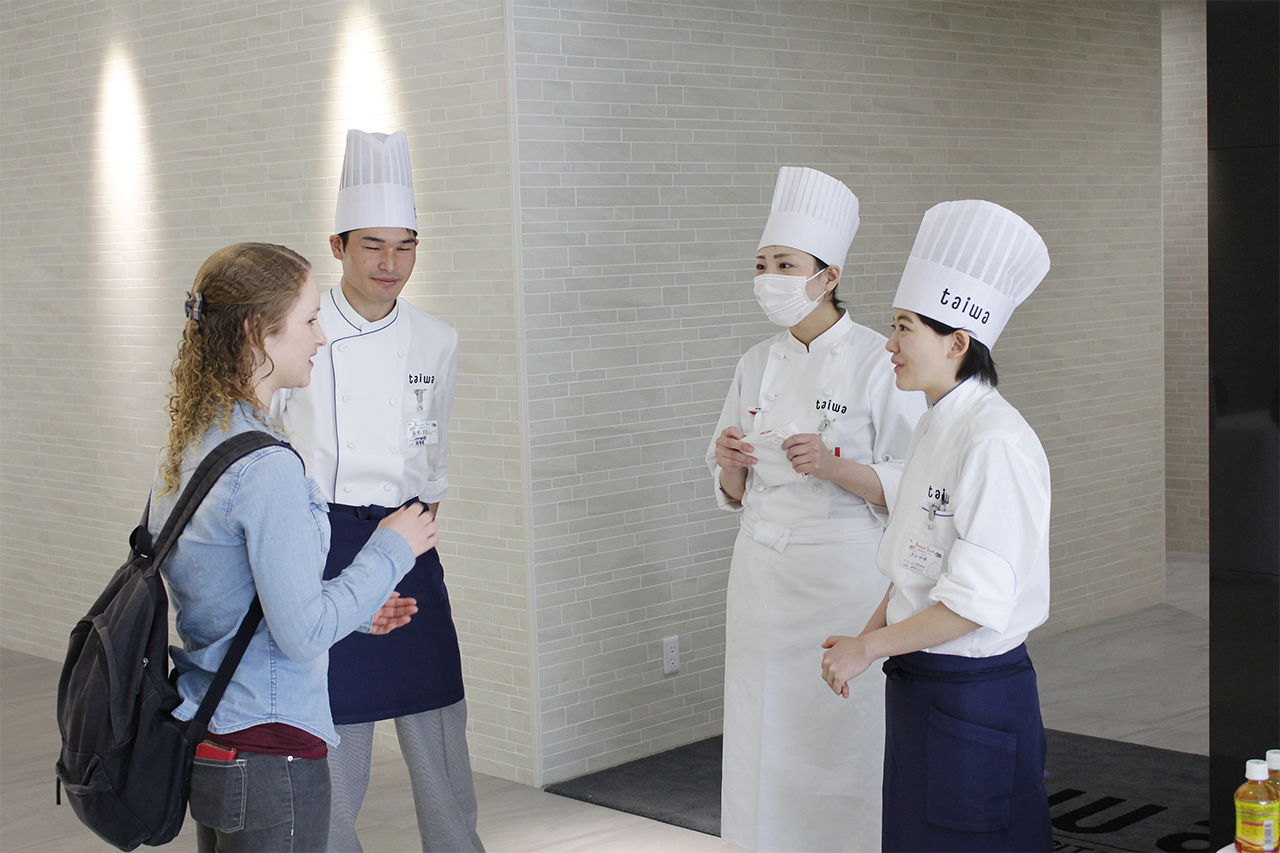Language school or University? Choosing a school that Fits your Goals
2025.01.24
University
I did my undergraduate studies in the United States, but I am now in a master’s program here in Kyoto! Let’s talk about it! I entered into a program taught entirely in English, but I can take classes in the parallel Japanese program as well.
University is certainly a different experience than language school. For me, the main differences are that my Japanese studies aren’t my focus anymore, and that my classmates and I talk to each other in English, rather than Japanese like we did at language school. There are exchange events to meet the Japanese students, and we are able to join the university clubs as well. However, because most of my classmates aren’t conversational in Japanese, I feel that there is not much interaction between the foreign and the Japanese students.
Furthermore, we are a mix of full-time students and exchange students. Exchange students are enrolled in university in their own country and come to ours through a partnership between the schools. The exchange students only have a few hours of class a week and seem to be having a lot of fun here in Japan! Us full time students are quite busy with classes, we’re having fun too, but have to balance study, part time jobs, and play. It seems the exchange students have more time for their Japanese studies, but less time to be here in Japan. There are lots of tradeoffs!

Classmates and I going out to eat after class at a nearby restaurant. In this photo we have students from Thailand, Hungary, Egypt, Norway, and the United States.
So, language school or university? What is the best study abroad?
Both! It all depends on your goals! But I’ll give a quick summary.
If you want to study in Kyoto before or after university, language schools are great! Some are more oriented towards fun, some train you specifically for Japanese test taking, and some are intensive. They teach Japanese reading, writing, listening, and speaking comprehensively.
With universities, you can either apply directly and enroll in that university as their student, or you can go as an exchange student through your own university. Schools in Kyoto have connections with universities all over the world! Exchange programs have flexible time frames.
Universities may have more clubs and exchange events for you to make Japanese friends than a language school, but a language school will teach you Japanese and prepare you for life in Japan.
The research and preparation can be a lot of work, but it’ll all be worth it when you get here. Good luck!
(Author:Maya Bolling, Doshisha Graduate School of Business Research)










